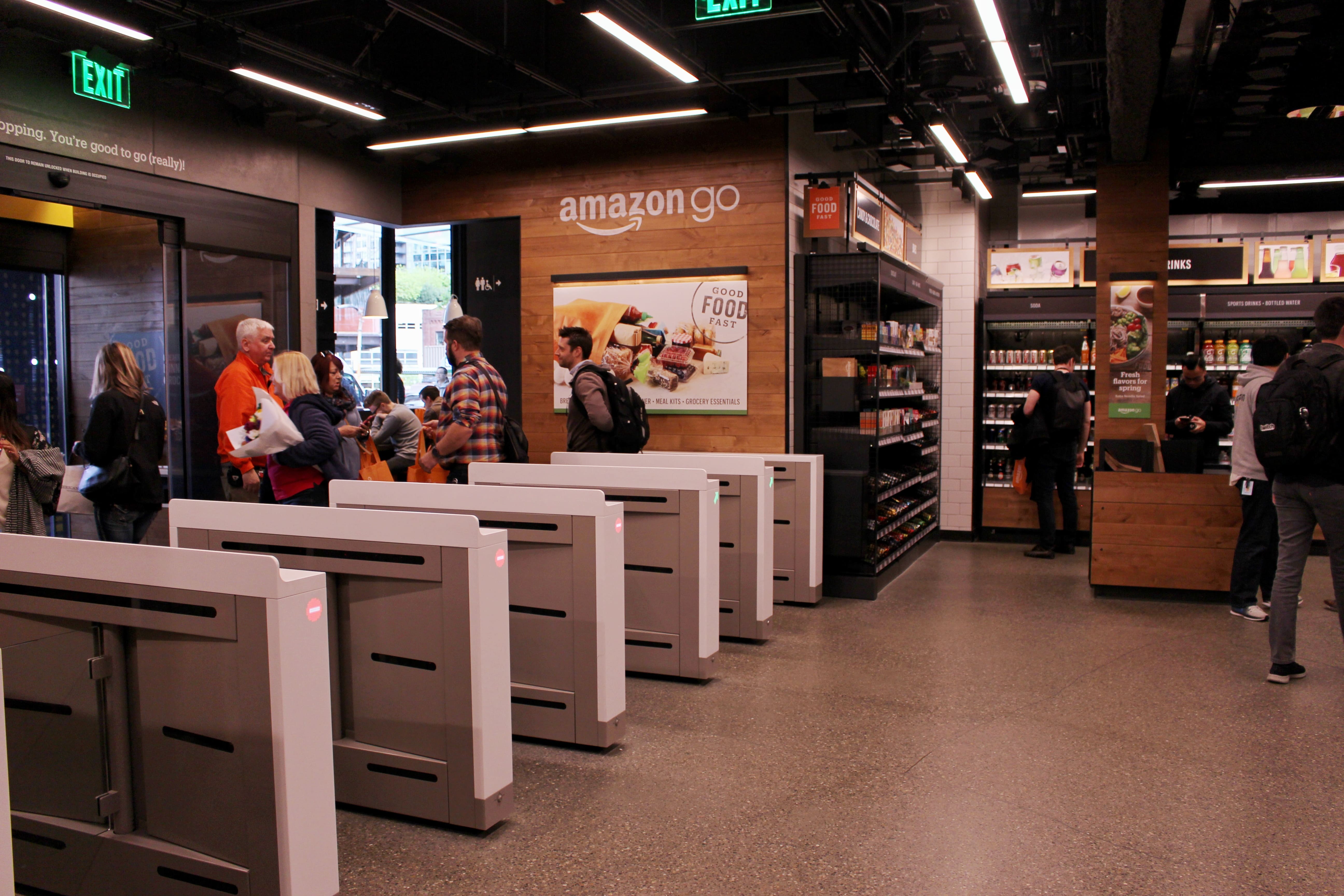By
A private marketplace is a way for online publishers to automate ad sales but also maintain one-to-one relationships with the brands. Publishers prefer this method as opposed to an open system where any advertiser can come bid on ad space; the private market gives them more control over advertisers and pricing.
The offering is an extension of Amazon Publisher Services, which is a platform for online media companies to manage their ad inventory on websites and apps.
Fire TV reaches 34 million households, streaming apps from major media companies such as NBC, CBS, Hulu, YouTube and Viacom, and streaming startups including Tubi, Philo and Pluto TV. “It’s a smart move by Amazon,” says Chris Maccaro, CEO of Beachfront, a video ad-tech platform that also works with publishers on Fire TV. “It increases demand for the content owners within the platform.”
The connected TV market is heating up with rivals including Roku and Google also trying to take over living rooms with ad-supported video. Revenue from the connected TV market is expected to triple by 2024 to $20 billion, according to a recent report from Digital TV Research.
Amazon’s ads are guided by shopper data so brands can target the right audience. But Dataxu and The Trade Desk won’t have the benefit of Amazon data when setting up ad campaigns for publishers on Fire TV. Amazon won’t share data with the third-parties, an Amazon spokeswoman said on Friday.
Amazon’s ad business has been growing rapidly not just on its own e-commerce site and IMDB, but through its ad marketplace that connects with publishers across the web. On Thursday, Amazon reported second-quarter results that showed “other” revenue grew 37 percent to $3 billion. Advertising makes up the bulk of the sales in the “other” category, according to Amazon.
EMarketer forecast that Amazon ad sales in the U.S. will top $11 billion this year, giving it 9 percent of the digital ad market.
This article is published in collaboration with Adage.com




